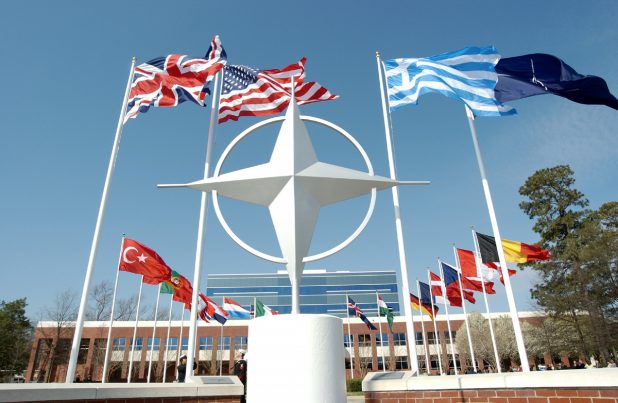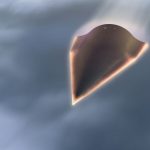
Report: NATO alliance ‘at risk’ as Europe slides and Russia threatens
Friday, March 04, 2016 by usafeaturesmedia
http://www.nationalsecurity.news/2016-03-04-report-nato-alliance-at-risk-as-europe-slides-and-russia-threatens

(NationalSecurity.news) A new report by a noted think tank concludes that the NATO alliance is at serious risk of withering away under a perfect storm of events besieging Europe, including a resurgent Russia and the ongoing migrant crisis.
The report, titled “Alliance at Risk,” also notes that despite rising security threats, many European governments remain unable to afford upgrading military capabilities or purchasing additional weaponry to better protect themselves.
“For more than six decades, NATO has provided the shield behind which the democracies of Europe have prospered in peace. By standing together, the allies prevented another major conflict in Europe so their societies could rebuild from the catastrophic destruction of World War II,” says the report’s foreword, written by Jaap de Hoop Scheffer, a former NATO secretary-general.
“Today,” Scheffer continued, “the transatlantic community faces a world that is more turbulent and threatening than at any period since the end of the Cold War. The crumbling order in the Middle East has spawned refugee flows not seen since World War II, and has given rise to potent nonstate groups with the reach and power to not only destabilize countries in the region, but also carry out terrorist attacks in Europe.”
In addition, continued aggression by Russia as well as Moscow’s renewed assertiveness over its former zones of influence “threatens the European security order based on the premise of a Europe whole, free, and at peace,” Scheffer added.
However, despite the rising security threats and promises made by NATO members during a summit in Wales in 2014 to invest more in defense, “the recent record on European defense spending and investment is arguably very mixed,” said Scheffer.
Julianne Smith of the Center for a New American Security, told USNI News that now is the time for closer cooperation between the NATO alliance and the European Union in order to meet common challenges for both.
“We need the capabilities that both institutions can bring to bear,” she said. “There is no longer the level of solidarity we once saw.”
In writing its report, the Atlantic Council examined six NATO members – the United Kingdom, France, Germany, Poland, Italy and Norway.
The report notes that, in Great Britain, since 1991 – the final year of the Cold War – the percentage of GDP spent on defense, collectively has fallen from 4.05 percent to 2.08 percent in 2015. Principal surface combatants – warships – fell from a peak of 48 in 1991 to just 19 today. Active duty military personnel figures have been halved, from more than 300,000 to less than 145,700; main battle tanks are down from more than 1,300 to just 227 today; air force planes have decreased from 530 to 266.
The figures are similar for the other five countries.
The idea that the United States will always rise to the occasion in meeting the continent’s security needs “made Europe complacent” ever since the collapse of the Soviet Union in the early 1990s and the alliance expanded eastward, said Andras Simonyi, a retired Hungarian diplomat now with Johns Hopkins University’s School of Advanced and International Studies.
What has happened in their harvesting of the “peace dividend” is that “many militaries in the alliance are in pretty bad shape,” he added.
See also:
NationalSecurity.news is part of the USA Features Media network of sites.
Tagged Under: Tags: military budget, NATO, Russia






